A few deals on Apple's MacBook Pro family have appeared this week at retailers including Adorama, Amazon, and B&H Photo.
 Note: MacRumors is an affiliate partner with these vendors. When you click a link and make a purchase, we may receive a small payment, which helps us keep the site running.
Note: MacRumors is an affiliate partner with these vendors. When you click a link and make a purchase, we may receive a small payment, which helps us keep the site running.
The first notable sale is on the 16-inch MacBook Pro (16GB RAM, 1TB SSD) for $2,450.00 at Adorama, down from $2,799.00. This sale is only $50 away from the lowest price we've ever seen on this model of the MacBook Pro, and it's coming under sale prices seen currently on Amazon and B&H Photo.
The other model of the 16-inch MacBook Pro (16GB RAM, 512GB) is also being discounted to $2,099.00 on Amazon, down from $2,399.00. This sale has been frequent throughout the year, and you can get the same discount on B&H Photo.
16-inch MacBook Pro Deals
- 512GB SSD - $2,099.00, down from $2,399.00 ($300 off) [matched at B&H]
- 1TB SSD - $2,450.00, down from $2,799.00 ($350 off)
Additionally, the 13-inch MacBook Pro from 2020 has a few discounts going on this week. You can get the model with a tenth-generation quad-core processor, 16GB RAM, and 512GB SSD for $1,599.99 on Amazon, down from $1,799.00. There are also discounts on the 1TB model, so be sure to check out the full list below of every MacBook Pro on sale right now:
13-inch MacBook Pro (2020) Deals
- 512GB SSD - $1,599.99, down from $1,799.00 ($199 off) [matched at B&H]
- 1TB SSD - $1,799.00, down from $1,999.00 ($200 off) [matched at B&H]
You can find even more discounts on other MacBooks by visiting our Best Deals guide for MacBook Pro and MacBook Air. In this guide we track the steepest discounts for the newest MacBook models every week, so be sure to bookmark it and check back often if you're shopping for a new Apple notebook.


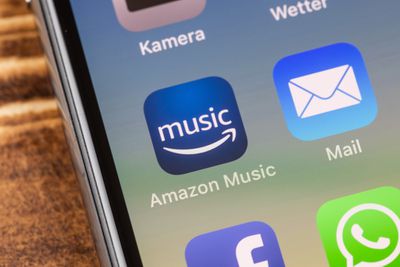

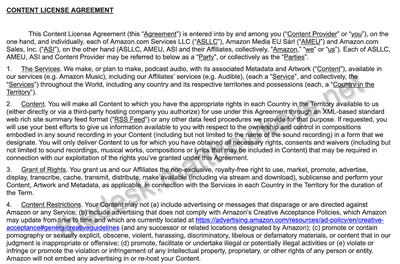
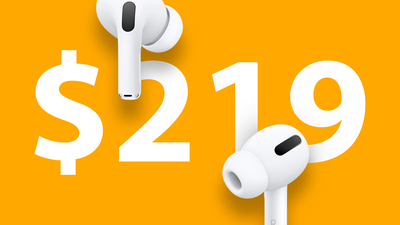 Note: MacRumors is an affiliate partner with Verizon. When you click a link and make a purchase, we may receive a small payment, which helps us keep the site running.
Note: MacRumors is an affiliate partner with Verizon. When you click a link and make a purchase, we may receive a small payment, which helps us keep the site running.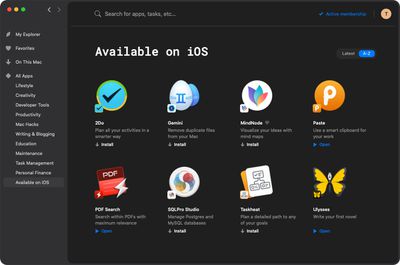
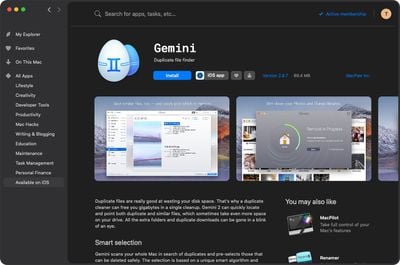
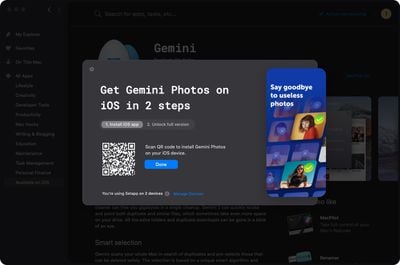

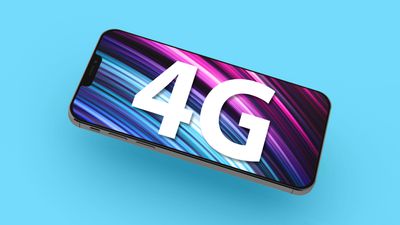
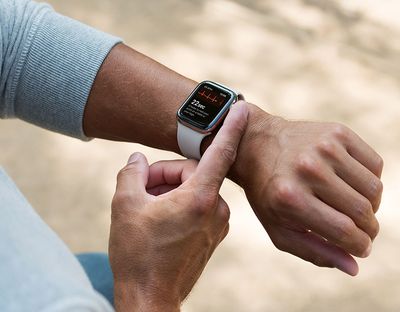
 Twitter today announced it will begin testing a feature with a small group of users that automatically translates tweets that are in a language they may not be able to read.
Twitter today announced it will begin testing a feature with a small group of users that automatically translates tweets that are in a language they may not be able to read. 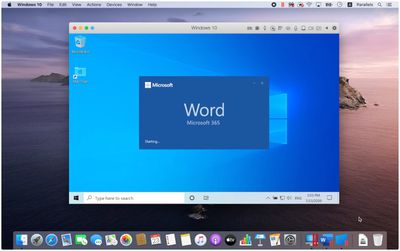

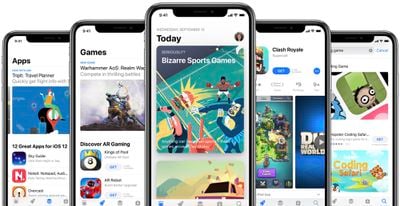


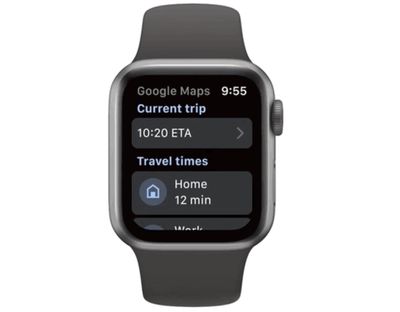

 Note: MacRumors is an affiliate partner with some of these vendors. When you click a link and make a purchase, we may receive a small payment, which helps us keep the site running.
Note: MacRumors is an affiliate partner with some of these vendors. When you click a link and make a purchase, we may receive a small payment, which helps us keep the site running.














